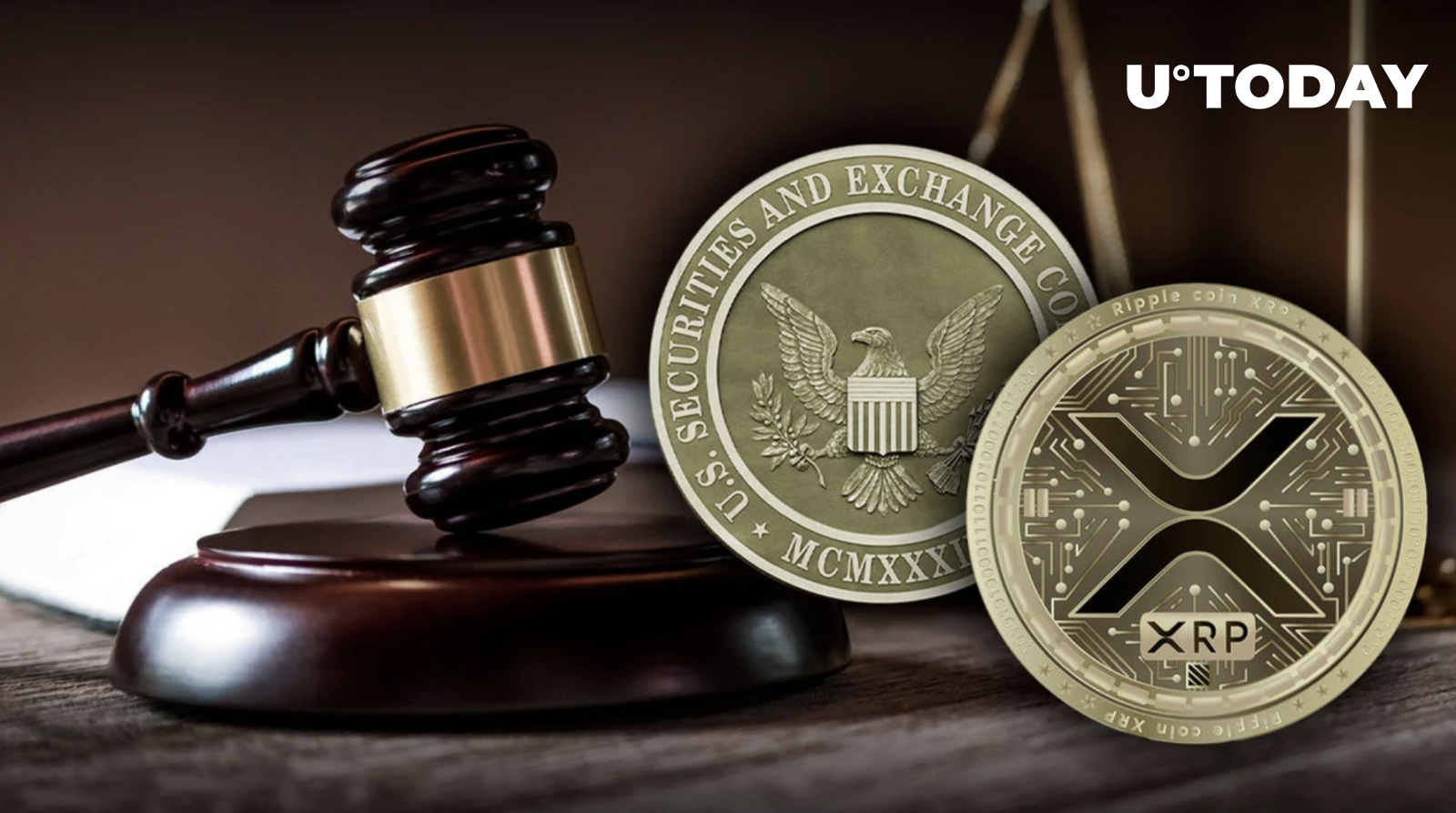John E. Deaton, an attorney who has been closely monitoring Ripple’s ongoing legal skirmish with the U.S. Securities and Exchange Commission (SEC), has raised intriguing questions about a 2018 internal memo by the SEC’s enforcement lawyers
John E. Deaton, an attorney closely following Ripple’s battle against the U.S. Securities and Exchange Commission, recently suggested that a 2018 internal memo from enforcement lawyers did not recommend any action against Ripple for its sale of XRP tokens.
The memo itself remains undisclosed due to privilege, but its lack of recommendation implies that as of June 13, 2018, the enforcement lawyers at the SEC were not convinced that XRP should be classified as a security.
This raises questions about whether Ripple executives could have known they were in potential violation of securities laws.
Deaton’s comment came after legal expert Bill Morgan weighed in on the issue as well, critiquing the SEC’s position on the intrinsic value of digital assets like XRP.
Morgan argues that the SEC seems intent on establishing that digital assets lack intrinsic value, setting them apart from commodities like gold. According to him, this approach potentially simplifies the SEC’s job in fulfilling certain prongs of the Howey Test—a legal framework used to determine what constitutes an investment contract.
Morgan suggests that the SEC’s focus on intrinsic value overlooks the fact that the value of a digital asset like XRP can be derived from its functionality and uses.
The SEC, for its part, has been pushing back against the notion that cryptocurrencies are commodities, akin to gold or other physical assets.
As reported by U.Today, the SEC recnelty informed the court that it is available for trail in April, May and June 2024 after recently filing a request for an appeal.
